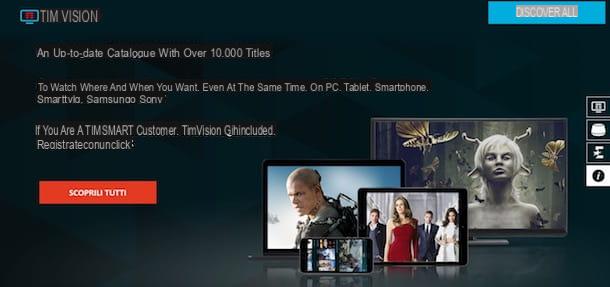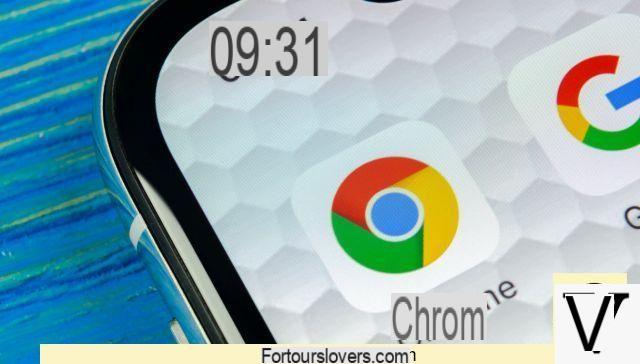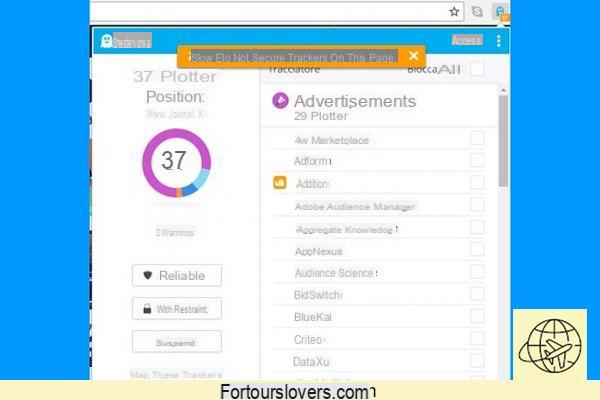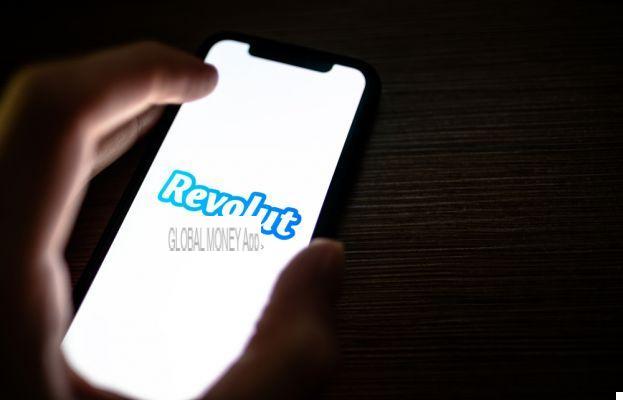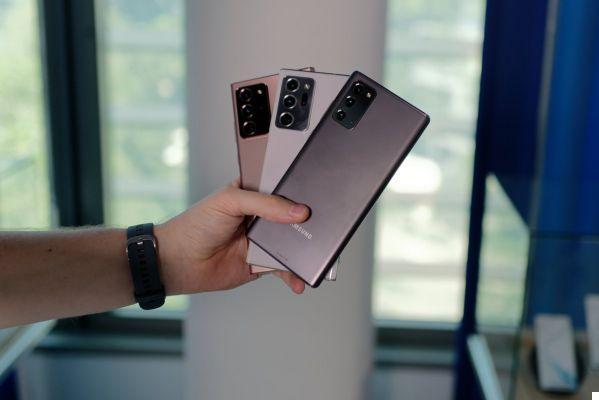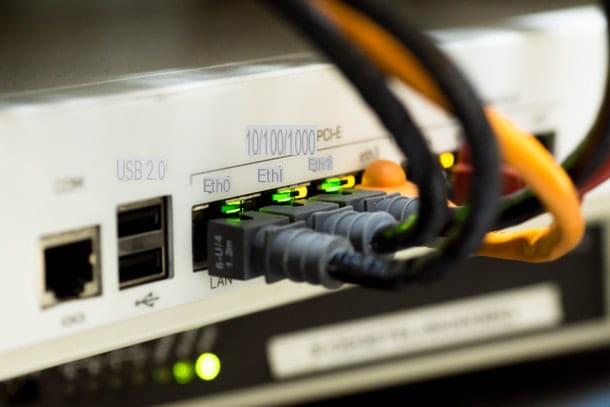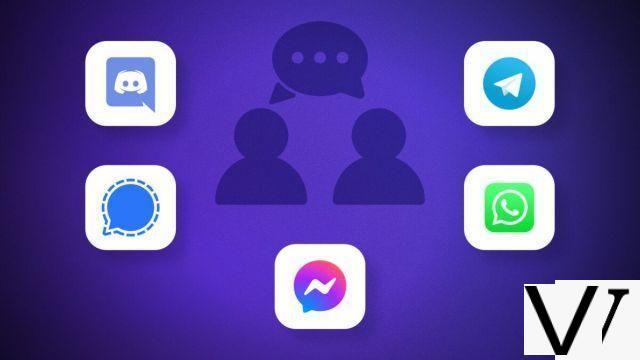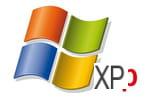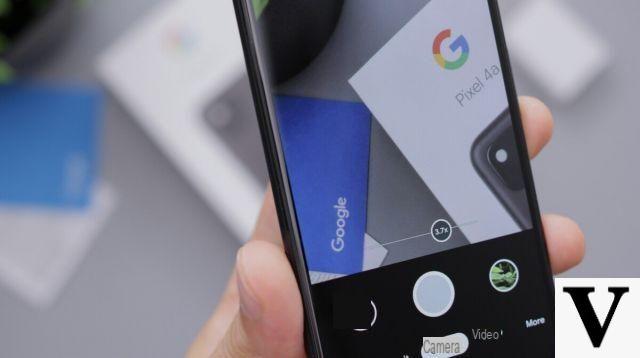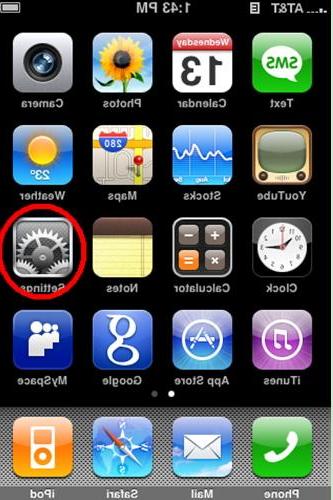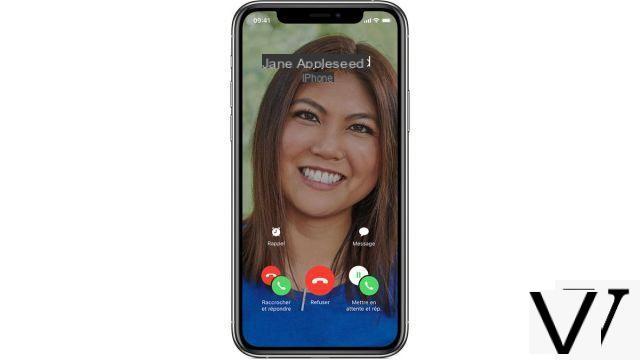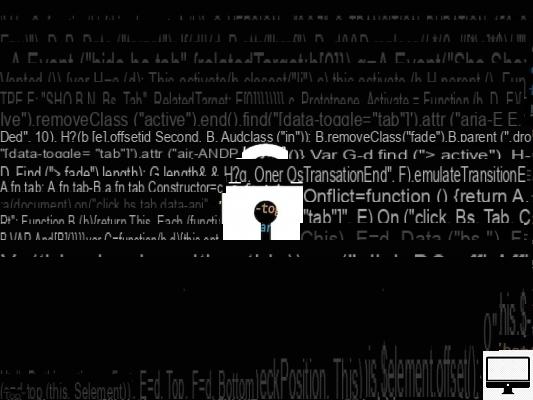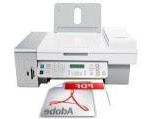The Apple vs Samsung duels aren't just happening in the smartphone arena. Place the clash between the latest iPad Air and the flagship of Samsung tablets, the Galaxy Tab S6. Will the match be as close as that of mobiles?
Apple iPad Air (2019)
Itopdroid rating (2) read the test
-
 Fnac.com Marketplace occasion
512,98
Fnac.com Marketplace occasion
512,98
-
 Rakuten
848,98
Rakuten
848,98
-
 The Redoubt 856,98
The Redoubt 856,98
Itopdroid rating Give your opinion read the test
-
 Fnac.com marketplace
852,76
Fnac.com marketplace
852,76
-
 The Redoubt 864,08
The Redoubt 864,08
-
 Rakuten
875,70
Rakuten
875,70
-
 Phox
884,90
Phox
884,90
-
 Amazon Marketplace
1 599,99
Amazon Marketplace
1 599,99
-
 Darty Marketplace 1
Darty Marketplace 1
-
 Cdiscount Marketplace 1
Cdiscount Marketplace 1
-
 Rue du Commerce 1
Rue du Commerce 1
ERGONOMIE & DESIGN : SAMSUNG GALAXY TAB S6
Two designs clash. On the one hand, the iPad Air looks like any other non-Pro iPad, with chunky borders at the top and bottom and thinner edges. The 10,5-inch panel has a 4: 3 ratio, which makes it look imposing. At Samsung, the Tab S6 illustrates the aesthetic renewal of the range. The shelf is narrower than before, benefits from fine borders and an excellent finish. Its 16:10 ratio while in length gives it a rather pleasant grip.
The back of the iPad Air is very simple since it only accommodates the single photo module. That of the Tab S6, on the other hand, is adorned with a concave space allowing the S-Pen to be placed there for storage and recharging. Although compatible with Apple Pencil, the iPad Air is not so lucky and care must be taken not to lose the stylus. Moreover, the Apple tablet is only compatible with the first generation Pencil. Less complete, it still offers a pleasant experience on the display. The S-Pen works like that of the Galaxy Note 10. A real magic wand, it offers a whole bunch of shortcuts ranging from simple photo capture to full control of the application (zoom, change camera, etc.). ).
For the audio part, only the iPad Air (2019) offers a 3,5 mm mini-jack. Power output is good and will fit most headsets. The distortion and stereo reproduction are excellent and only the dynamic range is no match for the rest. The Galaxy Tab S6 comes without a USB-C to 3,5mm mini-jack adapter, but with USB-C headphones.
SCREEN: SAMSUNG GALAXY TAB S6
The two screens are 10,5 inches in size and this is their only similarity. That of Samsung offers a Super Amoled panel in definition 2 x 560 pixels (which occupies 1% of the surface). Apple is confined to the LCD in 600 82,4 x 2 pixels (the panel occupies 254% of the front face). It should be noted that the iPad adopts a 1: 668 ratio while the Tab S78,6 prefers 4:3.
As well calibrated as it is, the iPad Air display must bow a short head on this round of the duel. Indeed, even if it benefits from a higher maximum brightness (508 cd / m² against 447 cd / m² for the Tab S6), the Samsung tablet offers much better results on other measurements. For example, the minimum brightness is 1,4 cd / m² (compared to 2,2 cd / m² on the iPad) and the color temperature much closer to the video standard of 6 Kelvin (500 K compared to 6 K). To drive the point home, the advantages inherent in Oled technology make the Tab S474's screen the best of both, thanks to an almost infinite contrast and zero afterglow time.
PERFORMANCES : IPAD AIR (2019)
The two tablets are among the most efficient on the market. On the one hand, the Galaxy Tab S6 is equipped with the Snapdragon 855, Qualcomm's processor which still holds up extremely well after its year of existence. Coupled with 8 GB of RAM, the chip can globally run all apps. The same goes for the iPad Air with its Apple A12 Bionic. A homemade processor that allows Apple to offer the best performance.
PHOTOS : SAMSUNG GALAXY TAB S6
Samsung's tablet is the first to have offered two modules on the back. In addition to the 13-megapixel main module, we find a 5-megapixel ultra-wide-angle module. On Apple's iPad Air, we only have a single 8-megapixel module. It will be necessary to wait for the iPad Pro of 2020 to see the appearance of a second ultra-wide-angle module.
Module principal


On the one hand, we have the Galaxy Tab S6 which completely overexposes the scene. On the other hand, the iPad Air, which maintains the correct exposure, but which lets digital noise appear throughout the photo. Either way, the photos aren't perfect, but the Samsung tablet's are the most pleasing to the eye.


At night, the photographic quality of the Galaxy Tab S6 is much more flattering than that of the iPad Air. As in the daytime image, digital noise is strongly present on the side of the Apple tablet. The snapshot captured by the Tab S6 is quite smooth, but remains much better detailed.
Ultra wide-angle module


Here, the ultra wide-angle module is more anecdotal than anything else. Far from being at the level of what we can find on smartphones, the pictures are overexposed and blurry during the day; they are very noisy at night. Nothing exploitable in the end.
AUTONOMIE : SAMSUNG GALAXY TAB S6
As with our performance metrics, our battery life protocol differs between Android and iOS products. We can use SmartViser on the Samsung tablet, but for the iPad we need to perform our protocol through Netflix.
The South Korean company's high-end tablet does not get the highest score. With only 14 h 49 min of autonomy, it does less well than the other tablets in the Tab S range while providing the 15 hours promised by Samsung. On the Apple side, the iPad Air (2019) turns off after 13 h 18 min, a bit better time than what the American firm announces (10 hours of autonomy).
VERDICT : SAMSUNG GALAXY TAB S6
It is therefore no great surprise that the Samsung tablet wins this duel. Compared to the iPad Air, it has an Oled panel, better photo quality or a much more polished design. It may still perform less well than Apple's tablet, but the gap is so small that it's not an argument that can reverse the trend. The only argument in favor of the iPad would rather lie in the Apple ecosystem: if you already have an iPhone and plan to use your tablet heavily, then the iPad will be a good choice.




